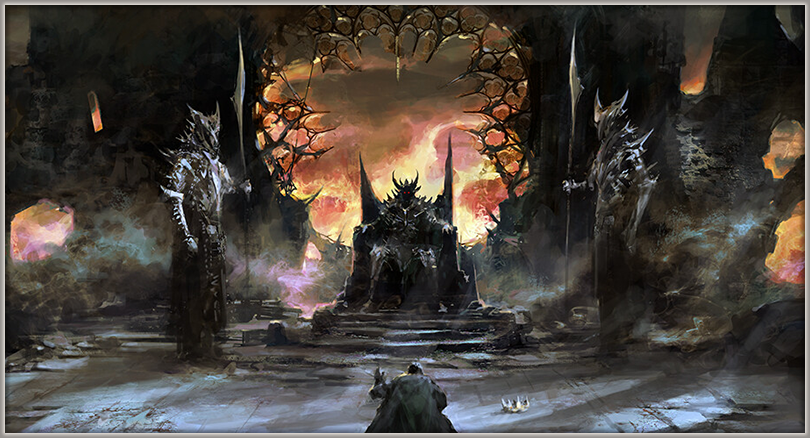|
|
| Line 16: |
Line 16: |
| | | | |
| | ==Dogma== | | ==Dogma== |
| − | Thiovan believes in the development of what he calls the 'spirit', which can only be done through the mind. He is often considered the patron to much of the philosophical and the artistic. Thiovan believes in expression and understanding, and empathy; with others and with the self. For this reason, he is neither an individualist or a collectivist, and believes that societies morph as human minds do -- often based on need. He tends to favor any variety of ideology, and even views war as a necessary expression of collective or individual terror and rage.
| + | WIP |
| − | | |
| − | The Dragon God's one aversion is repression, though he views repression as the result of the individual mind. If one lives in a setting that places constraints on their ability to openly express, he implores them to do so within dreams, and even within secret. He is often prayed to by those forced to repress a variety of aspects of themselves, and those prayers sometimes even result in a shift in the landscape of their dreams.
| |
| − | | |
| − | Thiovan does not have rigid monastic orders, or an intensely dogmatic faith or set of followers. Many times, his most devout followers are wanderers, roaming the world whilst teaching others to be at peace with themselves. It is their place to do in the waking world what only he and his dragons can do in the grip of night, opening the mind to imagery of its wider possibilities.
| |
| | | | |
| | ==Notable Religious Factions== | | ==Notable Religious Factions== |
